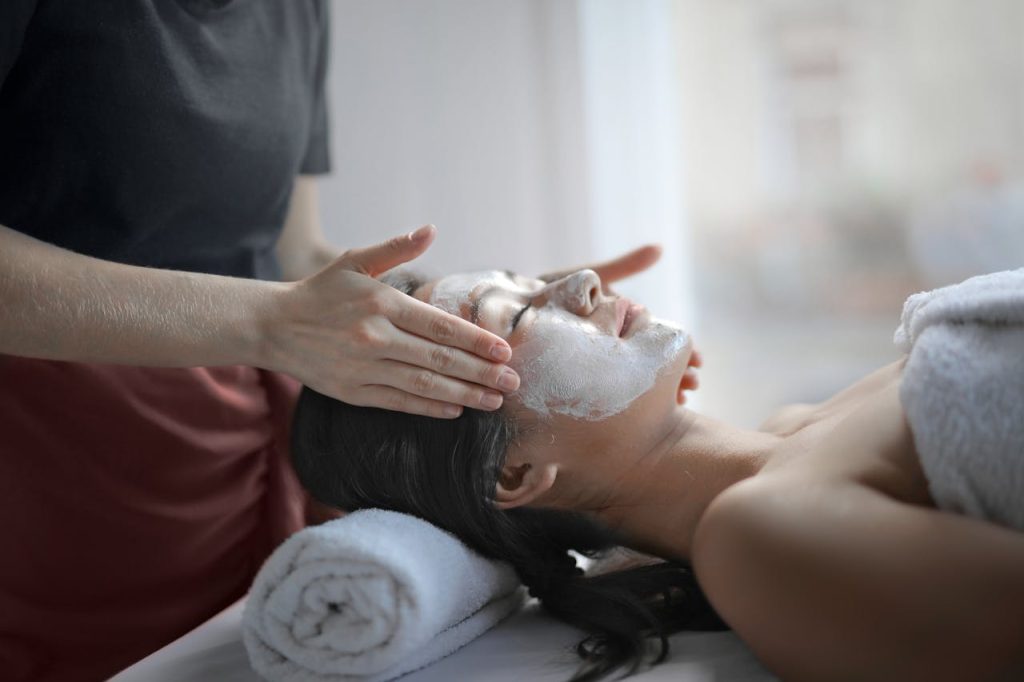
Image Source: pexels.com
Money management doesn’t always mean sacrifice and austerity. Sometimes, what feels like an indulgence can surprisingly benefit your financial health. These seven “guilty pleasures” might seem counterintuitive to financial wisdom. Still, when approached mindfully, they can positively impact your cash flow, reduce costly stress, and create sustainable financial habits that stick. Let’s explore how inevitable, enjoyable splurges might be helping your wallet in the long run.
1. The Daily Coffee Shop Visit
That morning latte habit isn’t necessarily the budget-killer financial gurus claim. A daily coffee shop visit can structure your morning routine and double as a productive remote work space. When used strategically, the $5 spent might save you hundreds in potential home office costs or coworking memberships.
Research from the Journal of Consumer Research suggests that small, regular pleasures provide more sustained happiness than occasional large splurges. This consistent mood boost can improve workplace performance and productivity, potentially leading to advancement opportunities.
The key is mindfulness: use loyalty programs, bring your own cup for discounts, and treat it as your allocated “third place” rather than an impulse purchase. Many professionals report that their best ideas and networking opportunities happen in these casual settings, making that coffee an investment in career development.
2. Streaming Service Subscriptions
Multiple streaming subscriptions might seem excessive, but they’re often significantly cheaper than cable packages or frequent theater outings. According to Nielsen research, the average American household saves over $1,200 annually by cutting cable and using streaming services instead.
These platforms also offer financial education content that can improve your money management skills. Documentaries, podcasts, and shows about investing, entrepreneurship, and financial literacy are readily available, turning entertainment time into learning opportunities.
Additionally, readily available entertainment at home reduces the temptation for expensive outings. The subscription model also helps with budgeting predictability—a fixed monthly cost rather than variable entertainment expenses.
3. Quality Wardrobe Investments
Spending more on high-quality clothing might seem extravagant, but the cost-per-wear often makes it more economical than fast-fashion alternatives. Investment pieces that last for years ultimately cost less than repeatedly replacing cheaper items that wear out quickly.
A capsule wardrobe of versatile, well-made pieces can reduce decision fatigue and impulse purchases. Studies show that workplace attire impacts how others perceive you and your performance, potentially affecting income opportunities.
The rise of secondhand luxury markets also means these items often retain value. Platforms like Poshmark and ThredUp allow you to recoup costs when you’re ready for something new, creating a sustainable cycle of quality consumption.
4. Regular Massage or Wellness Treatments
Self-care expenses like massages or wellness treatments are often considered luxuries, but they can prevent costly health issues. Regular bodywork reduces stress hormones contributing to inflammation and chronic disease, potentially saving thousands in medical expenses.
According to the American Massage Therapy Association, massage therapy can reduce workplace absenteeism and increase productivity. These treatments can also improve sleep quality, which research consistently links to better financial decision-making.
Many health insurance plans and HSA/FSA accounts now cover alternative treatments, making them more affordable than they appear. These services become wise financial investments when viewed as preventative healthcare rather than indulgence.
5. Meal Delivery Services
While meal kits and delivery services seem pricier than grocery shopping, they often reduce overall food spending by eliminating waste, preventing impulse purchases, and reducing restaurant visits. The portion control and planning inherent in these services can cut your monthly food budget by up to 25%.
These services save valuable time that can be redirected toward income-generating activities or side hustles. The convenience factor also reduces the likelihood of expensive last-minute takeout decisions when you’re tired or busy.
Many services now offer nutrition and cooking education, providing lasting value beyond the meals themselves. This knowledge transfer can lead to better shopping habits and meal planning skills that benefit your budget in the long term.
6. Travel and Experiences
Vacation spending might seem financially frivolous, but research consistently shows that experiential purchases provide greater long-term satisfaction than material goods. These memory-creating investments often prevent more frequent, smaller impulse purchases made to fill emotional needs.
Travel expands professional networks and exposes you to new ideas that can translate to career advancement. Many travelers report that their best business insights come during periods away from daily routines.
Strategic use of travel rewards programs, credit card points, and off-season bookings can make these experiences surprisingly affordable. Anticipating planned trips also provides extended happiness benefits before the expertise even occurs, maximizing the return on your investment.
7. Professional House Cleaning
Outsourcing household chores might feel indulgent, but the time reclaimed can be channeled toward higher-value activities. If your hourly earning potential exceeds the cost of cleaning services, the math clearly favors delegation.
A clean, organized environment reduces stress and improves focus, potentially increasing productivity and income. It also reduces the likelihood of takeout meals due to kitchen chaos or late fees from misplaced bills.
Many cleaning services now offer eco-friendly options that protect health and home value. When viewed as home maintenance rather than luxury, these services protect your most significant financial asset while freeing mental bandwidth for wealth-building activities.
The Mindful Indulgence Principle: Maximizing Return on Enjoyment
The common thread among these “guilty pleasures” is intentionality. When approached mindfully, these expenses aren’t just costs but investments in well-being, productivity, and sustainable financial habits. The key is distinguishing between mindless spending and strategic resource allocation toward things that genuinely enhance your life and, ultimately, your financial position.
Research from positive psychology suggests that financial well-being isn’t just about accumulation but about optimizing how money improves one’s quality of life. By reframing certain expenses as investments in one’s physical health, mental clarity, time management, and career advancement, one transforms “splurges” into smart financial moves.
What guilty pleasure have you discovered that unexpectedly improves your financial situation? Share your experience in the comments below!
Read More
How Can You Develop Better Money Habits Without Sacrificing Fun?
Strategies for Handling Unexpected Expenses
Leave a Reply